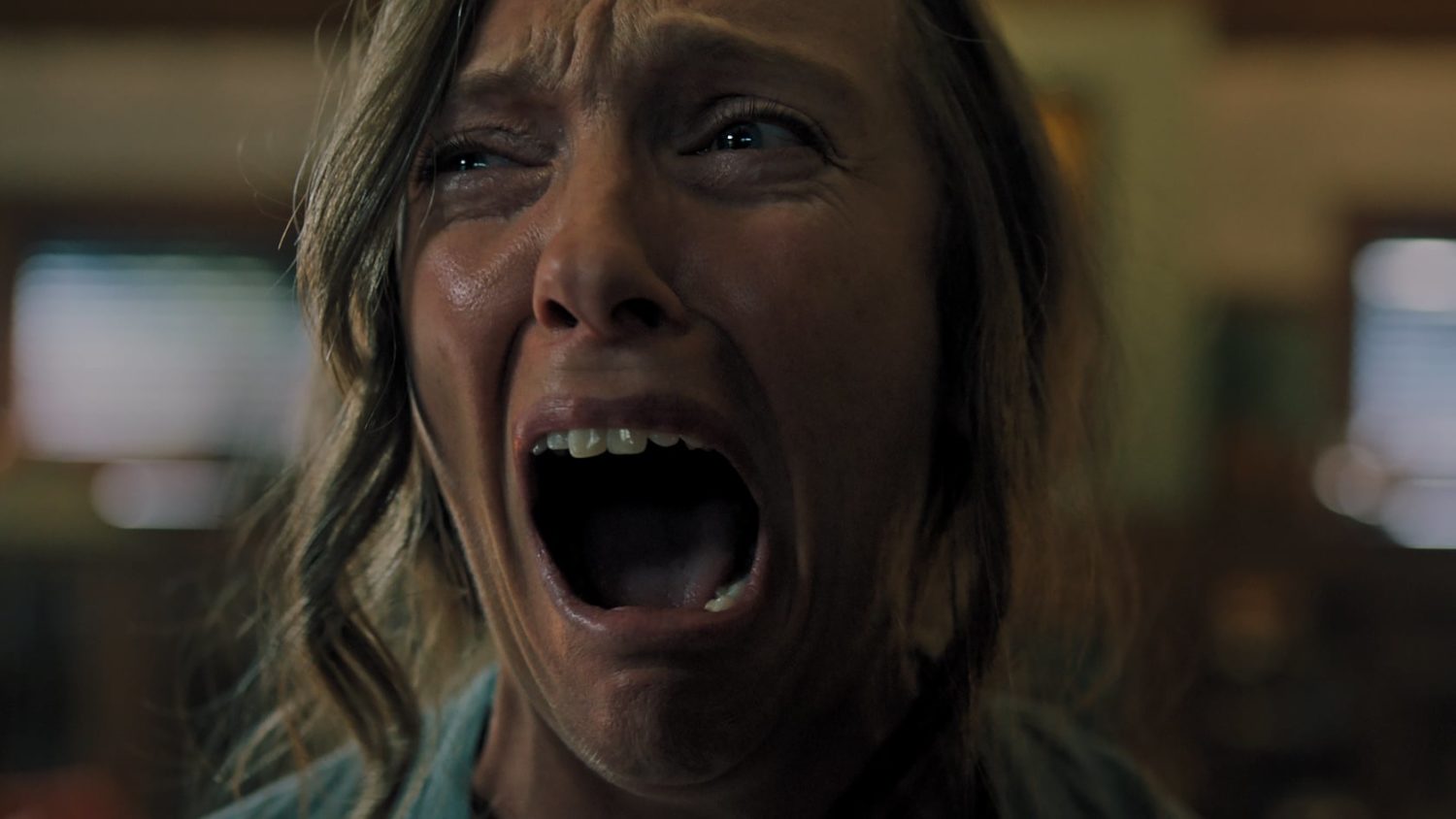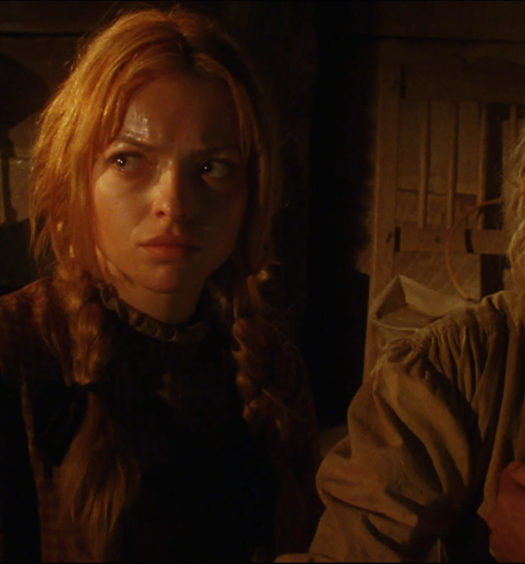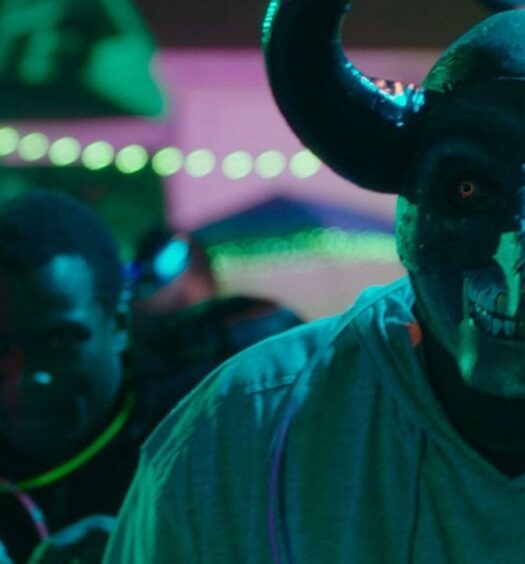Toni Collette did not receive an Academy Award nomination this year.
Her performance in Hereditary, a movie anchored by its performances, is an all-timer, running the gamut of emotional extremes to portray a mother descending into a whirlwind of despair and madness and confusion. It’s undoubtedly one of the best lead performances by any actor in 2018—arguably the best. But Toni Collette did not receive an Academy Award nomination this year.
That’s because Hereditary is a horror movie.
Outside of the occasional technical category (such as Sound Editing for A Quiet Place this year or Visual Effects for the recent Ex Machina), the Academy of Motion Picture Arts and Sciences is not very kind to horror movies, despite their historical importance, unflappable box office draw, and (sometimes) glowing reviews. It’s a complaint that moviegoers at large have levied time after time, and yet the Academy persists.

Thanks to the prestige of its director and leading lady combined with the elegant backdrop of a professional ballet, audiences took Black Swan for a dark drama.
However, there is a loophole of sorts.
With the noteworthy exception of last year’s Get Out (more on that later), every horror or horror-adjacent film of the last three decades that received a major Oscar nomination has one thing in common: They identified themselves as a different genre. Or, at least, they brought their genre definition into question.
Think back almost a decade to Black Swan, a beautiful and terrifying film that hearkens back to Cronenberg-esque psychological body horror. And yet, thanks to the prestige of its director and leading lady combined with the elegant backdrop of a professional ballet, audiences took it for a dark drama as it went on to rack up five Oscar nominations. Even critics asked and then dismissed questions like “Is Black Swan a Horror Movie?” with words like “traditional.” (IMDb lists Black Swan as “Drama, Thriller.”)
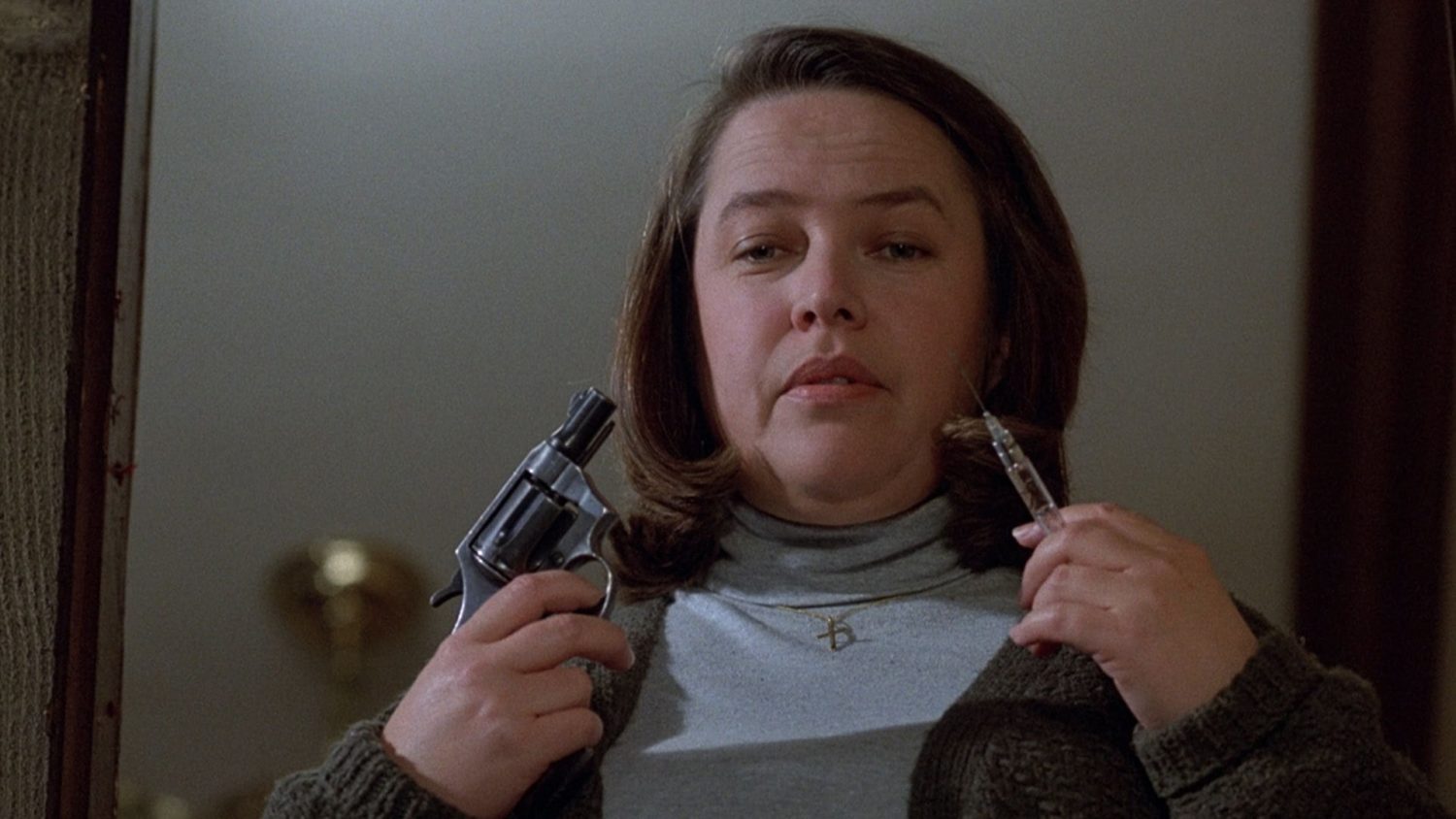
Kathy Bates gives a truly terrifying (though also relatively bloodless) performance as an obsessed fan of an injured author in her care.
One year earlier, a surprise hit in District 9 earned four Oscar nominations for its first-time director. It would be a stretch to call District 9 a “horror movie” perhaps, but horror aficionados certainly gravitated toward it, and Peter Jackson’s involvement didn’t hurt. (IMDb lists District 9 as “Action, Sci-Fi, Thriller.”)
A similar situation came years before with another newcomer who was suddenly vaulted into the Best Picture race (along with five other Oscar categories). The Sixth Sense might be light on gore, but it carries enough jump scares and eerie atmosphere (and dead people) to warrant horror status—and yet, similarly to the case of Black Swan, critics and Academy voters were so swept up in its quality that a horror tag felt like degradation. (IMDb lists The Sixth Sense as “Drama, Mystery, Thriller.”)
Even further back, the early 90s produced back-to-back prestige horror films in disguise, starting with Misery. Kathy Bates gives a truly terrifying (though also relatively bloodless) performance as an obsessed fan of an injured author in her care. But despite the fact that Misery is based on a novel by none other than Stephen King—the undisputed master of late 20th century horror literature—it was categorized apart from the horror genre thanks to the name brands of its stars and director. (IMDb lists Misery as “Crime, Drama, Thriller.”)
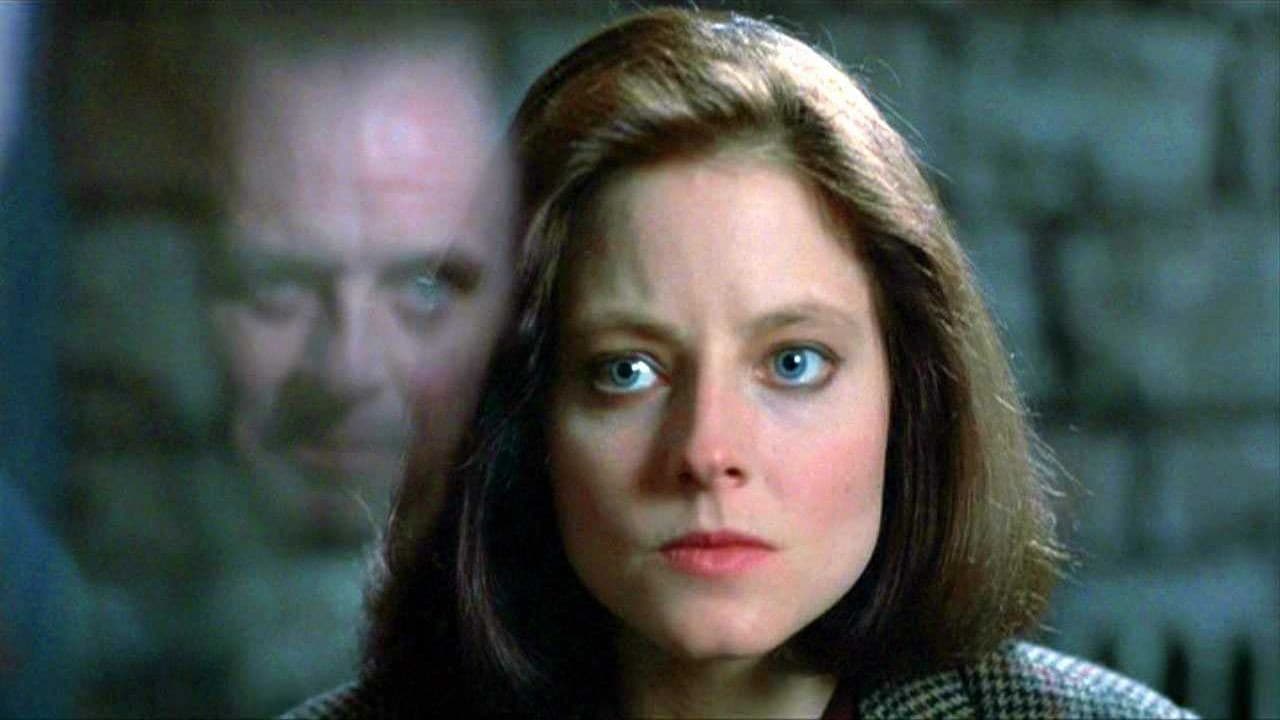
Still the last film to sweep the five major Oscar categories, The Silence Of The Lambs gave us both an iconic serial killer and an iconic cannibal.
Just one year later, The Silence Of The Lambs, which is (somehow) still the last film to sweep the five major Oscar categories, gave us both an iconic serial killer and an iconic cannibal. Nevertheless, it pulled off the trick of masking itself as a grisly drama of sorts, with many filmgoers unsure of what to call it. (IMDb lists The Silence Of The Lambs as “Crime, Drama, Thriller.”)
Nearly three decades later, the pattern remains—with one major exception.
Get Out, the first horror Best Picture nominee in the true age of Twitter, is different. As a Blumhouse production (and a gory one at that), it never shied away from its horror status. (IMDb lists Get Out as “Horror, Mystery, Thriller.”)
Truly, it doesn’t fit the mold established by its modern horror predecessors. Whether because of the excitement behind Jordan Peele’s newfound directing career or the script’s wholly impressive blend of classic horror tropes with social commentary, Get Out bucked the trend and blazed its own trail all the way to the red carpet.
Years from now, maybe we’ll look back at Get Out as the pioneer film that put horror movies squarely in the good graces of the Academy. But for now, one year removed, we’re left with the debacle of Hereditary and its underappreciated star.
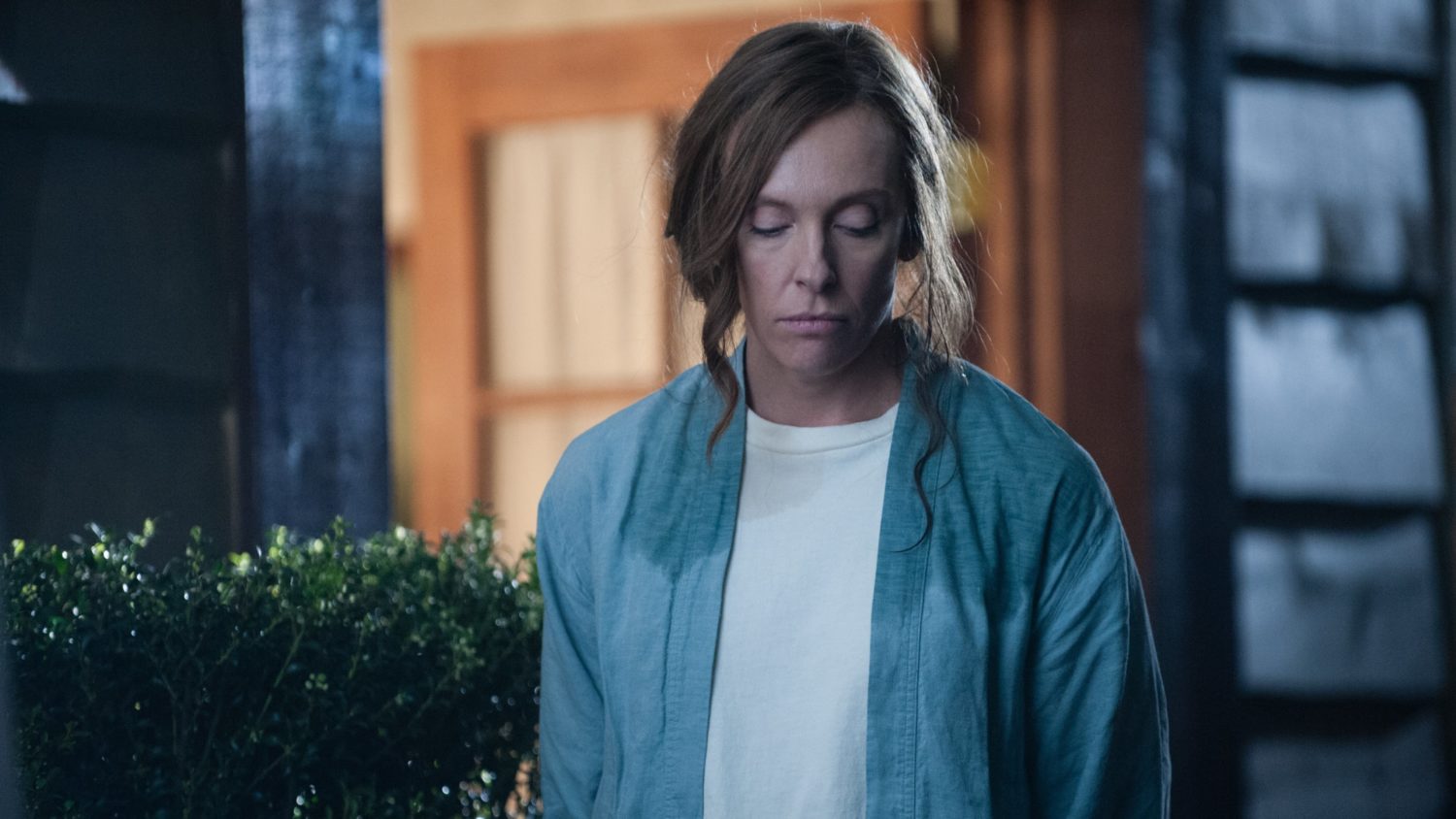
Perhaps the industry powers that be simply didn’t think Collette worthy of awards season recognition—though that seems a bit short-sighted.
Lest we forget, Ari Aster tried to pull off the same trick that so many filmmakers before him managed to. During his post-Sundance press tour leading up to the film’s release, Aster revealed that he hesitated to call his film “horror” all along, deferring to terms like “family tragedy” or “family drama.” His apparent forsaking of the genre sparked plenty of online debate in the horror community, but once the film finally found its audience, it was clear that it’s a horror movie through and through. (IMDb lists Hereditary as “Drama, Horror, Mystery.”)
Did Aster consciously attempt to shed the horror moniker in hopes of helping Collette earn an Oscar nomination? Probably not. But perhaps, having grown up on Oscar-worthy horror films called by other names, he was unconsciously programmed to understand that the label would mean less attention for his film at year’s end.
So what went wrong, exactly?
Perhaps Aster’s attempts at genre reclassification were too little too late after being hailed as the horror film of the year coming out of Sundance and SXSW. Perhaps the industry powers that be simply didn’t think Collette worthy of awards season recognition—though that seems a bit short-sighted, given that Collette won Best Actress honors from critics circles in Boston, Chicago, Detroit, Georgia, Houston, Los Angeles, Nevada, New York, Phoenix, Seattle, and St. Louis, not to mention several other nominations.
Had she earned the recognition she deserves for Hereditary, Toni Collette might’ve been an outlier among the Academy field, given that the five nominees don’t exactly…lose their heads. But much like Sissy Spacek in 1977, Kathy Bates in 1991, Jodie Foster in 1992, and Natalie Portman in 2011, she deserved to be that outlier—and perhaps even the victor.

